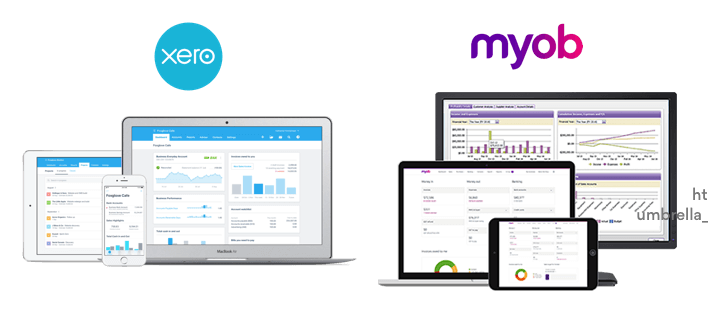
As a business owner, how much should I pay myself?
This is a question that small business owners always need to consider carefully.
While this may sounds like an ideal situation - “I get to set my own salary! This is everyone's dream!” - there are quite a few complexities and elements to consider when deciding on how exactly to set your own salary.
While an exact formula may not exist, the following guidelines can provide you with a list of what to consider when deciding how much you can afford or should to pay yourself.
Pay yourself a regular wage
Often, business owners take money out whenever they need it.
The sums can vary, but it's usually one large lump sum sporadically taken out of their business account.
This is not the most efficient method of payment though. It's not a good habit to reach into a business account whenever you need money.
It's best to learn how to live off of the wage you are providing yourself. Pay yourself a regular wage (i.e. monthly) like you would expect of you were an employee.

Don't pay yourself based on revenue, but on your profit
Early on, many small business owners make the mistake of paying themselves based on their revenue rather than on their profit.

There are many factors that must be considered before you can write out your paycheck, and the figures are not always so straightforward.
You need to consider your overhead costs, your employees' paychecks (if you have employees), and what you will owe in taxes each quarter.
Plan for taxes and super
Speaking of taxes, they're a major reason why you will want to leave money in your business account. It can be all to easy to forget about the following:

PAYG withholdings due quarterly |

GST payable quarterly |

Quarterly superannuation payments |

Income tax due quarterly or yearly |
How much you will ultimately pay in taxes depends on your business structure; however, you need to make sure that you have enough funds to cover what you will owe.
You can choose to pay taxes in installments, or to save enough to cover the tax bill at the end of the year.

Do you need a business loan?
See if you qualifyThink about possible fluctuations
Certain businesses may do better at specific times of the year, and your profits may even fluctuate from week to week.
You should consider this when setting up a regular salary.
It's easy to want to take money out and spend it extravagantly if your business is doing particularly well, but you always want to safeguard against economic fluctuations and seasonal differences.
If you get used to paying yourself a lot of money when you have it, then it will be much harder to cut back when you need to.
Regular paychecks that take fluctuations into consideration are better for you, and for your business.

Consider the reasons you might not want to take much money out of your business
There are number of reasons why you might want not want to dedicate too much of your money to your own salary:
First, if you cannot afford to pay your employees, you should not pay yourself first.

Or, if you owe a lot of money on a loan or your business is struggling financially, you should dedicate funds to those existing expenses before you pay yourself a large sum.
What's more, your character is just one of the ‘five cs of business credit' that your lender will use to evaluate your application. A 1200/1200 credit rating and a first-rate reputation still won't secure you finance if you don't have the capacity to service a loan.
Invest in good accounting software
A good accounting software can really allow you to track your expenses, meaning that you can pay yourself reasonably based on your revenue and easily keep track of the money that is going towards your business's growth.

Invest in your company's growth
Money that you use towards your company's growth can be used to offset taxes, while as money taken out for non-business purposes can't
It's wise to consider paying yourself less right now and leaving more to go towards your business as it is growing.
You may want to set aside money for technological advancements, new equipment, or expert staff.
Remember that the more you invest in your business, the more money it will make in the future and the more you can then pay yourself. You can always give yourself a raise as profits increase.

Pay yourself fairly
When you consider your paycheck, make sure that you are valuing your own labor and that you're giving yourself a salary at least roughly equivalent to that of someone inplaying a similar role to yourself.
When your business starts making more money, you should reward yourself for your hard work and pay yourself more. Your achievements are worthy of being rewarded.

Conclusion
You need to cover your basic living expenses while considering the health of your business, and each situation is personal.
While there is no straightforward formula for how much you should pay yourself as a small business owner, considering the elements discussed above can guarantee that you are receiving the money you deserve, while still investing in your company's future growth and stability.
‘How much would you pay someone to do the work you're doing? And how regular would you pay them? Weekly, fortnightly, monthly?‘
Try to treat your salary and frequency like you would if you were paying someone else.
Are you paying yourself more or less than you would pay someone else to do the same job?






